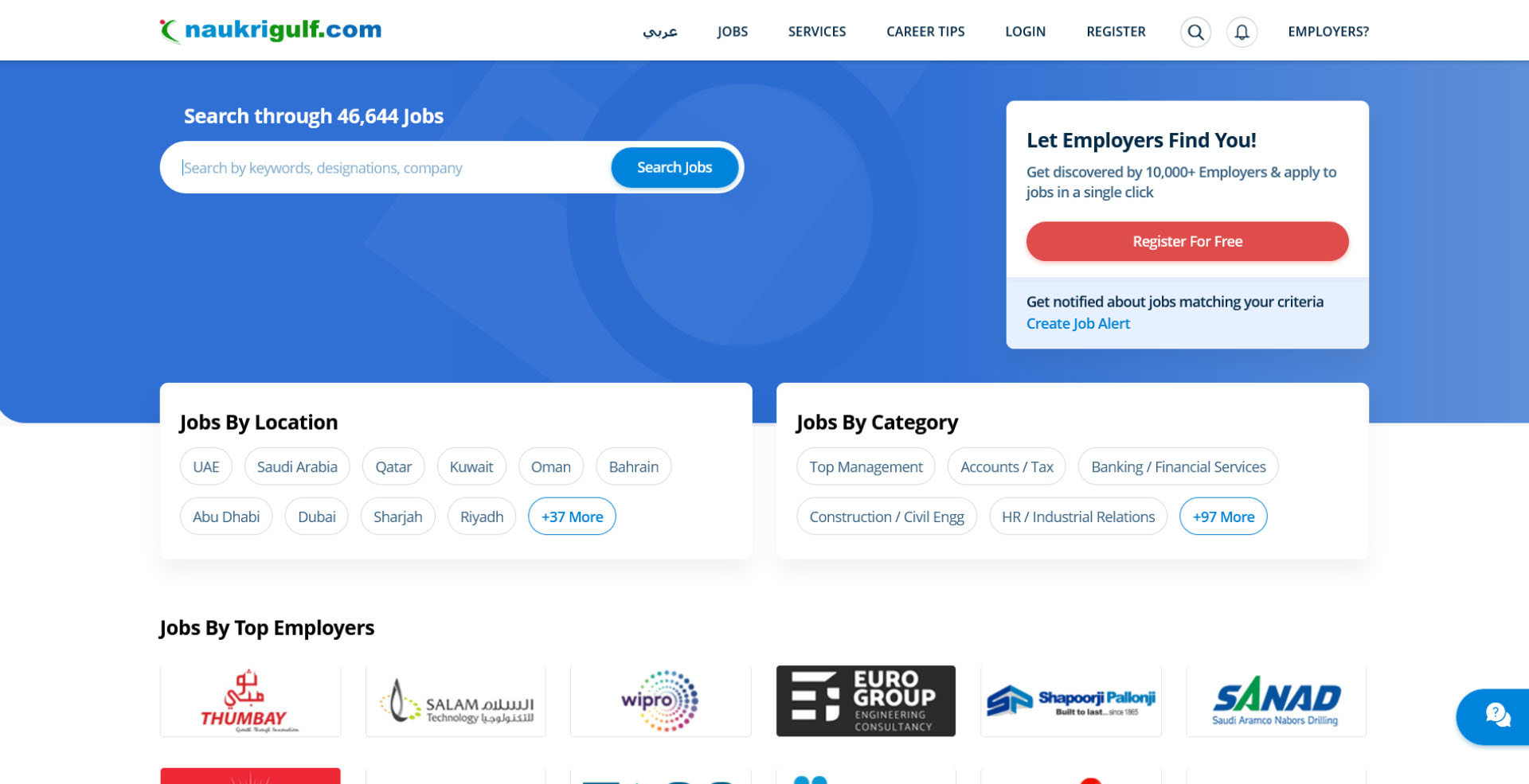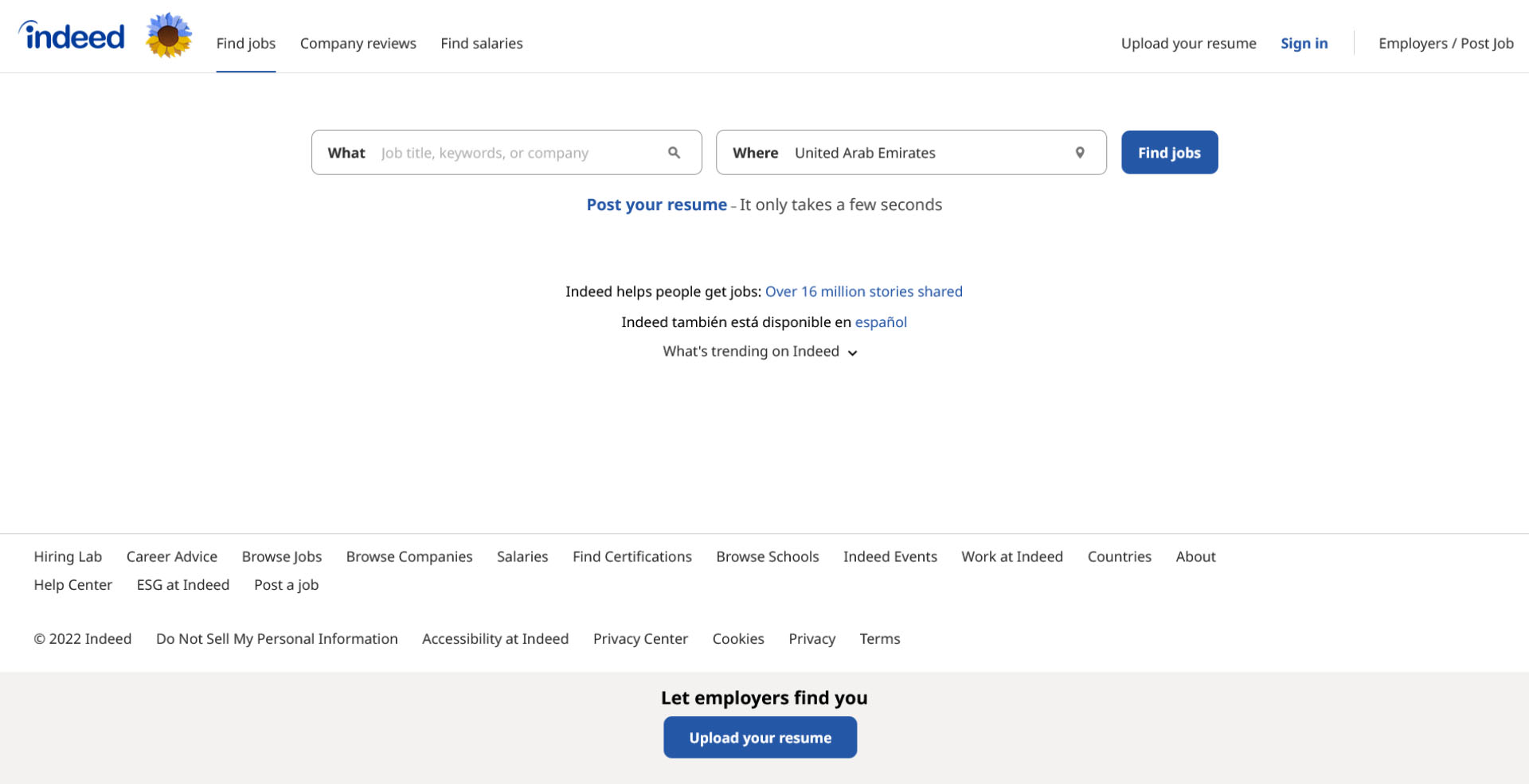How-To
How To Custom Design Home Electronics
These are the basic skills you need in order to build and program your own devices.

Tech enthusiasts have gotten a lot more independent in recent years. It’s become easier to download software and make adjustments in order to configure our devices the way we want them. Many have learned how to build their own websites, construct mobile apps from scratch, or otherwise experiment with coding and programming languages. Even when it comes to hardware and electronics, people have gradually become comfortable with buying, customizing, and setting up products to better their environments. This is what’s ultimately leading to the rapid rise of smarthomes, as well as some other changes that amount to tech improving and automating our environments.
All of these are changes we don’t really think about. We advance with technology, and as technology gets a little bit easier in some respects, we get more comfortable with tailoring it to our needs. What takes a little bit more know-how and conscious intent, however, is designing your own electronic products. This too, however, is becoming a more common hobby among tech enthusiasts. So, while we aren’t writing up a step-by-step tutorial for any specific product here, we thought we’d cover some of the basic skills you need in order to build and program your own devices.
Learn Arduino
Arguably the most straightforward way to design your own home electronics is to learn how to use Arduino. If you’re not familiar with the term, this is essentially a kit consisting of both hardware components and accompanying software. It amounts to a sort of circuit board or miniature computer that you can configure and program as you please so as to design one function or another. One common example of an Arduino project is an LED display that will pulse to the rhythm of music.
Another is a digital clock that will tell you the temperature outside. Eventually though, people skilled in Arduino take on more complicated projects as well. The bottom line is that this is likely the simplest path toward custom home electronics for those who don’t have programming and/or electrical engineering experience.
Learn PCB Design For Manufacturing
If you want to take a slightly more advanced and robust approach to the general Arduino concept, it’s also wise to learn the fundamentals of PCB design. PCBs, or printed circuit boards, are the driving forces within our electronics that turn our own interactions into electronic responses. And today, once you learn the basics, you can dive into PCB design for manufacturing, which is a process that takes you from concept to product.
You’ll learn gradually how to select materials, configure layouts and schematics through software, and ultimately have a PCB produced to serve whatever purpose it is you have in mind. Such a device can power any number of home electronic mechanisms you may have in mind.
Learn 3D Printing
Moving away from the actual programming of electronics, it’s also handy to learn the basics of 3D printing. This essentially means learning the different specific methods, the materials involved, and the different ways to bring a product into existence. You’ll also need to find design software you’re able to use, and/or a reliable library of downloadable designs (there are many) you might want to borrow from. Once you get the hang of all this — and get your hands on a 3D printer — you’ll vastly expand your capability to design entire devices rather than just their internal electronics. Through 3D printing, you can build the products within which your Arduino or custom-manufactured PCB will operate.
Learn How To Shop For Parts
This is a little bit less of a “skill” in some respects, but it’s also a good idea to gain some experience shopping for tech products and obscure parts online. You may be surprised just how often this sort of activity comes up when you’re designing your own electronics. You may reach a point at which you need to track down a specific switch, a certain type of LED light, or any number of other things that aren’t available on mainstream retail sites or at the local electronics store.
In these cases, you can have your best luck at resale platforms, through more obscure electronics sellers, and so on. However, you also need to be sure that you’re dealing with trustworthy platforms! For these reasons, practice and research really are needed. Talk to others who dabble in similar hobbies, read about different platforms, and maybe try a few minor purchases, and in time you’ll have a stable of reliable, go-to options you can keep on standby.
With all of this knowledge and skill in hand, it really just comes down to creativity, research, and perseverance. You can access the tools and resources today to develop all sorts of home electronics, including some pretty sophisticated products. You only need to develop the skill and do the work to make it happen.
How-To
How To Find The Best Remote Work Opportunities In The Middle East
Because remote jobs offer many attractive benefits, the demand for them is so high that it can be difficult to find the best opportunities while they’re still available. This guide will give you the edge you need to find the remote job of your dreams.

The Middle Eastern job market looked a lot different before the pandemic disrupted established work routines in 2020. Back then, remote work was associated largely with low-paying jobs and independent freelancers juggling multiple contracts.
Now, there are ample remote work opportunities available to job seekers across the Middle East. Because they offer many attractive benefits, the demand for them is so high that it can be difficult to find the best remote jobs while they’re still available. This article is here to give you the edge you need to get the remote job of your dreams.
Benefits Of Working Remotely In The Middle East
Before we tell you where you can find the best remote work opportunities in the Middle East, we think it’s only appropriate to go over some of the biggest benefits of saying goodbye to the office life.
Improved Work-Life Balance
Improved work-life balance was among the top reasons why up to 81% of MENA professionals were seeking remote jobs in 2021. Without a lengthy and potentially stressful commute, remote workers can get straight to work and accomplish more than their office-bound colleagues. The time they save can be dedicated to anything from dropping kids off at school to jogging around the block to completing a chapter of an online course.
More Work Opportunities
The best work opportunities are naturally concentrated in the largest and wealthiest metropolitan areas in the Middle East, such as Dubai, Abu Dhabi, Cairo, Tehran, Istanbul, Baghdad, Riyadh, Ankara, Jeddah, Amman, and Tel Aviv. For those who live far away from the hustle and bustle of city life, remote work is a great way to find a well-paying job without leaving behind the quiet and serenity of country life.
Higher Income & Lower Expenses
Better work opportunities and higher income go hand in hand. But remote work can also significantly lower your expenses. Just consider how much money you spend on transportation, work clothes, and eating out. Sure, remote workers also have their fair share of work-related expenses, such as IT equipment, but increasingly many employers are willing to cover them.
Less Office Politics
Remote workers are deprived of fun water cooler moments (unless they decide to buy a water cooler and meet at it with their family or roommates), but they’re largely spared of office politics and gossip. If you’re someone who despises this aspect of office work, then this benefit alone may be enough for you to fall in love with remote work.
Location Independence
Remote workers can work for companies from across the entire Middle East region, and they can do so from anywhere they want. Is there a cozy coffee shop close to where you live? Then why not make it your office for a morning or two every week? Or perhaps you would like to go on a long trip and wake up somewhere else every week for a year? Remote work can make it possible even if you don’t have enough money saved to live without a job.
Top Places To Find Remote Work Jobs In The Middle East
There are several thriving job boards in the Middle East where you can find life-changing remote work jobs. We recommend you cast a wide net and focus on multiple job boards at the same time. To make your life easier, you can subscribe to receive new remote work jobs straight to your inbox as soon as they become available.
Bayt

Number of remote jobs at the time of writing: 903
Bayt is a great place to start your job search when looking for a remote job in the Middle East. The site was founded in 2000 by Rabea Ataya, and it now serves over 27 million professionals from its 12 regional offices.
At the time of writing this article, Bayt lists almost 5,000 jobs in Dubai, around 3,500 jobs in Cairo, and 2,000 jobs in Abu Dhabi — that’s just to give you an idea of how many Middle East job opportunities the site has to offer. To see only those that can be done remotely, all you need to do is click the “Work from Home Jobs” toggle.
In addition to helping you find great remote jobs by location, sector, or company, Bayt can also assist you with the creation of your resume. You can either create an online CV or take advantage of Bayt’s CV services to kickstart your career with a truly professional resume.
NaukriGulf

Number of remote jobs at the time of writing: 775
With over 45,000 active job offers, NaukriGulf is one of the largest job search sites in the MENA region. The companies that advertise job vacancies on the site include Salam Technology, Wipro, ICICI Bank Limited, Outrider, Al Barakah Holding, and others.
Unfortunately, there’s no filter for remote jobs, but you can use the search feature to display only jobs that mention the word “remote” in the job title. You can then refine your search by industry, required experience, monthly salary, and other criteria.
GulfTalent

Number of remote jobs at the time of writing: 40
GulfTalent is an online recruitment platform where you can register if you want the remote job of your dreams to come to you. The company claims that 60,000 professionals get contacted by employers every month through its platform. Some of the top employers currently hiring on GulfTalent are Deloitte, Coca-Cola, Parsons, and Emirates.
Besides waiting for recruiters to contact you, you can also take the initiative and see what jobs have been posted on the platform by city, country, or category. There’s a handy filter option for remote jobs, and we were able to find 40 of them. That’s fewer than we expected, but at least most of them were posted fairly recently.
Tanqeeb

Number of remote jobs at the time of writing: 19
Tanqeeb is the biggest job search engine in the MENA region. You can use it to instantly see what remote jobs are available in different industries. Just like our second favorite place to find remote jobs in the Middle East, Naukrigulf, this site also doesn’t let you hide jobs that can’t be done remotely, so you have to rely on keyword-based searches.
To get the most accurate results, we recommend you click the settings icon in the search bar and choose to search in job titles only. Using this method, we found 19 job offers, the oldest of which was published at the end of August 2022, less than three months before we started working on this article.

Number of remote jobs at the time of writing: 6,372
When it comes to the number of available remote jobs, LinkedIn wins the race. By selecting “Middle East” as our location and applying the remote filter, we were able to find over 6,000 jobs. Best of all, LinkedIn was able to automatically suggest the most relevant jobs based on our profile information.
But quantity and quality are not the same thing, and that’s where things get ugly. The problem with LinkedIn job offers is that many of them are fake, created by recruiters who want to collect resumes just to expand their talent databases. Still, you should definitely give LinkedIn a try, especially considering that you most likely already have an account there.
Indeed

Number of remote jobs at the time of writing: 200,000+
Indeed is the highest-traffic job website in the United States, and its availability extends to over 60 other countries. The website was founded in 2004, and it now employs more than 12,000 employees — that’s more people than the number of jobs available on many smaller job websites.
Because Indeed lists over 200,000 remote jobs from companies around the world, it’s best to specify the desired location of the employer before applying the remote job filter to narrow down the number of search results. This way, we were able to find over 200 remote jobs in Dubai.
Glassdoor

Number of remote jobs at the time of writing: 160,000+
Glassdoor is first and foremost an employer review site where former employees leave anonymous company reviews. You should consult it before applying for a job at a company you’re not familiar with to see how happy those who have worked there before were with their jobs.
Besides its growing database of company reviews, Glassdoor also runs a job board with over 160,000 jobs offers that include the keyword “remote.” Just like with Indeed, it’s best to narrow them down by employer location otherwise you’ll spend a lot of time sifting through offers from the other side of the world.
In-Demand Remote Jobs To Consider In The Middle East
It’s only natural that some jobs are better suited to remote work than others. After all, we still don’t have the technology that would allow construction workers to lay bricks from the comfort of their living rooms and most theater attendees wouldn’t be happy to see a bunch of holograms instead of real actors.
But even as far as white-collar office jobs go, some are much easier to do remotely, and such jobs tend to be in the highest demand as far as the number of available job opportunities goes. Here are some of them:
Information Technology
The demand for software developers, information security professionals, data science experts, and other IT employees is relentless, and it’s still growing. Because IT employees are already deeply familiar with the technologies that make remote work possible, they seldom struggle with the transition from in-office jobs to remote jobs.
Sales
Long gone are the days when large sales deals used to always end with a firm handshake. These days, it’s perfectly normal for sales representatives to communicate with existing and potential customers only via phone or email. The nature of remote sales jobs makes them suitable for people who do well under pressure and are already striving to break their own records.
Customer Service
Customer service is the backbone of every successful business, and there’s no shortage of customer service jobs across virtually all industries. Such jobs are great for people with no experience as the first rungs on their career ladders. They make it possible to gain useful industry experience and learn about the most frequently encountered issues from the point of view of those who encounter them.
Digital Marketing
The global digital marketing market is forecast to reach a value of around $807 billion by 2026, up from $305 billion in 2020. Given this huge growth projection, it shouldn’t come as a surprise that the demand for digital marketing professionals, including remote copywriters, SEO specialists, and content strategists, is similarly enormous.
Graphic Design
Graphic designers have it great because their modern tools of trade (Photoshop, Illustrator, Figma, and other graphic design software) are already digital and can run on any sufficiently capable computer. The logos, posters, website layouts, animations, and other visual content they produce with them can be effortlessly sent as email attachments and instant messages, so working remotely couldn’t be easier for them.
Essential Skills For Remote Job Seekers
Regardless of which remote work career path you decide to pursue, there are some essential skills you need to have to succeed:
- Organizing and planning: Remote workers typically enjoy a great deal of freedom to plan their daily agenda in a way that allows maximally efficient use of time. To do so successfully, they need strong organizing and planning skills.
- Written communication skills: Email, Microsoft Teams, Slack, and other text-focused communication channels dominate the world of remote work, so it’s important to have good written communication skills. This includes the ability to switch from formal language when writing an email to a superior to informal language when planning an after-work event with colleagues.
- Teamwork and collaboration: Contrary to what some people believe, remote workers are not lone wolfs, isolated from their colleagues and reliant on friends and family members for social interaction. In reality, teamwork and collaboration are part of the remote way of working, and those who have mastered these necessary skills have a huge advantage over those who don’t.
- Self-motivation and focus: Without a manager breathing down your neck and watching your every move from across the room, you need to find an internal source of motivation and develop the ability to focus even when distractions are in ample supply.
- Adaptability and problem-solving: Remote workers depend on digital technology, which is evolving at a rapid pace. They need to get quickly used to the tools provided to them and independently solve minor software and hardware issues to remain available and ready to work at all times.
If you feel that you already have these skills, then there’s really nothing stopping you from pursuing any remote job opportunity you want.
Summary
The number of remote work jobs in the Middle East has grown significantly in the last two years alone, and most experts predict it to keep growing even in the future because the benefits remote work offers to employees and employers alike are too good to ignore. If you’re interested in them, then the job sites listed in this article can help you find the ideal remote job in no time. Good luck!
Bonus: If you’re looking for the top VPN services for the Middle East, check out this guide here.
The best job sites for finding remote jobs in the Middle East include:
– Bayt
– Naukrigulf
– GulfTalent
– Tanqeeb
– LinkedIn
If you have no work experience and would like to work remotely, then we recommend you look for entry-level sales or customer support jobs in your desired industry.
No, remote jobs don’t generally pay less than in-office jobs. In fact, you might end up with more money in your pocket at the end of every month because the expenses of remote workers are lower.
-

 News4 weeks ago
News4 weeks agoAmazon Prime Day 2024: Get Ready For 6 Days Of Amazing Deals
-

 News4 weeks ago
News4 weeks agoSamsung Unpacked 2024: What To Expect From The July 10 Event
-

 News4 weeks ago
News4 weeks agoCoursera Report Shows Surge In UAE Interest In AI Upskilling
-

 News4 weeks ago
News4 weeks agoMeet Dubai’s Groundbreaking Smart Robot Delivery Assistant










